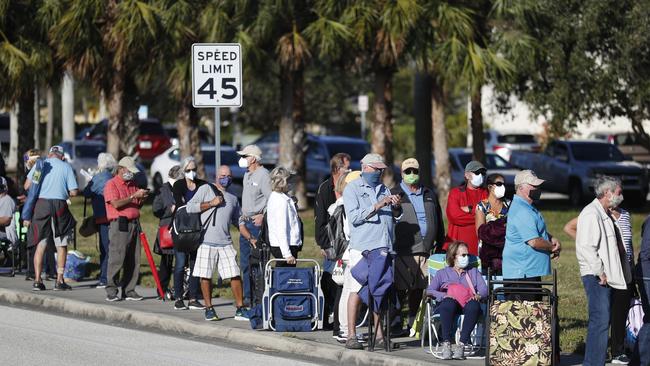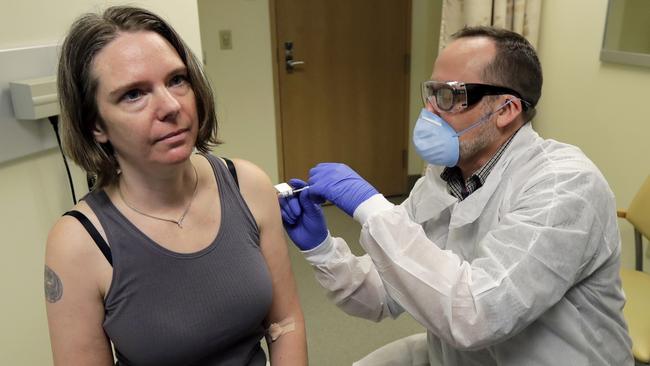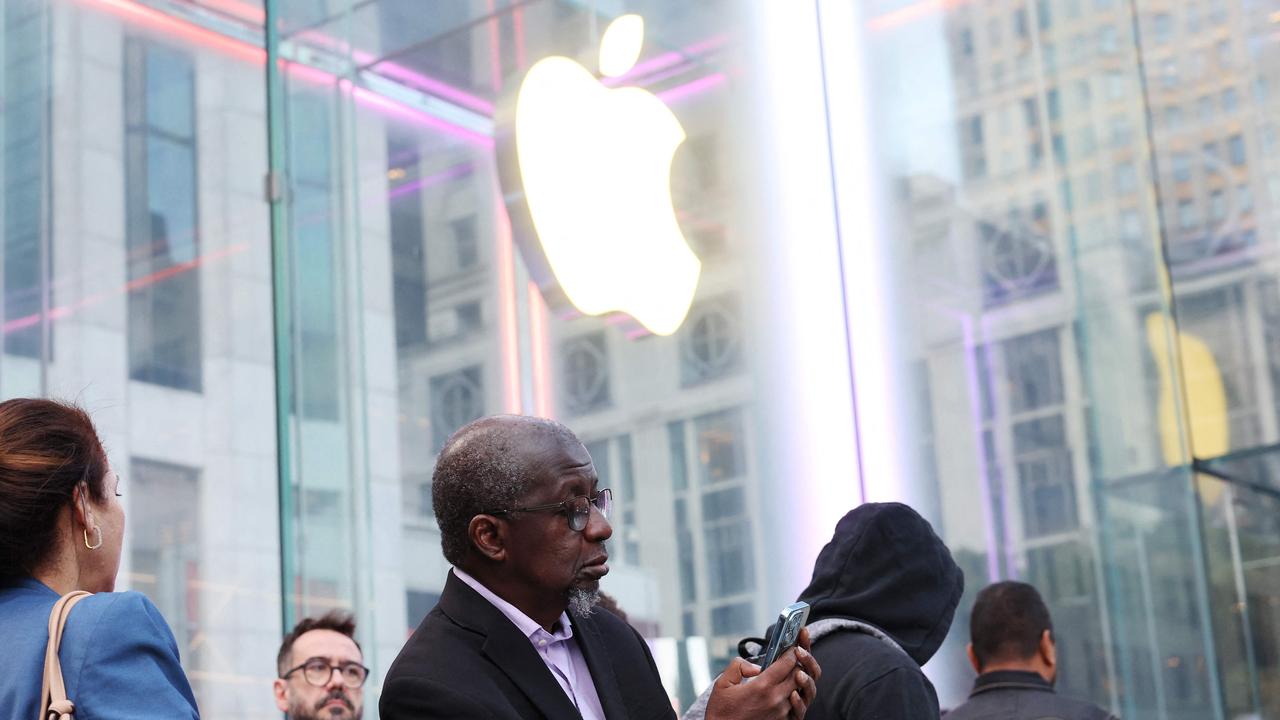Coronavirus: The Delta variant is a reality test
If you haven’t had Covid yet, you will. If you’ve had it once, you’ll have it again. For all we know, Delta might be rampant among vaccinated people right now without symptoms.

The difficulty of the news business is that you’re constantly trying to tell people their information is outmoded, which they resist since assimilating new information entails a cost. And yet here goes:
If you haven’t had Covid yet, you will. If you’ve had it once, you’ll have it again. If you’re vaccinated or were infected previously — which will one day be most people except the very young — your symptoms will likely be mild or non-existent, but it’s not guaranteed. Words the CDC says about the flu it will say about Covid: “Vaccination is especially important for people 65 years and older because they are at high risk of developing serious complications from flu. Flu vaccines are updated each season as needed to keep up with changing viruses.”
Nobody is surprised when they get the flu for the second, the third, the eighth time in their lives. This is what epidemiologists meant when, for the last 15 months, they said the new coronavirus was likely to evolve and become endemic.
Which brings us again to the question of vaccine hesitancy. Media types have been worshipping a Kaiser Family Foundation survey that finds 86 per cent of Democrats and only 52 per cent of Republicans are vaccinated.
But all the problems of polling apply: fewer and increasingly unrepresentative are those of us who even bother to answer our phones; we’re cagey on partisan questions. The numbers also seem disproportionate to every correlate: Rural vs. urban. Young vs. old. Black vs. white. Kaiser says it aims for an error of plus or minus 3 percentage points; on party identification it achieved an error of 6 to 7 points.

Never mind. The media ecstatically embrace an anecdote about CPAC idiots cheering when the Biden administration “fails” at anything, even vaccine promotion. Remember when Kamala Harris thought it clever to encourage distrust of the “Trump” vaccine? Realism should teach us to make allowance for a trait common among our least-gifted politicians: the inability to access their own thoughts on any subject in their blind groping for the talking point du jour.
In Sunday’s New York Times, a dismaying report from Arkansas kept coming back to high-risk subjects who refused the vaccine because they thought masks protected them. Masks are good at stopping you from spreading the disease, not getting it. This was and remains the CDC advice, and yet YouTube apparently might censor you if you use a mainstream news clip making this point because it resembles a claim that “masks do not play a role in preventing the contraction or transmission of COVID-19.”
If such idiocy were actionable under law, half the press would be bankrupted by wrongful-death lawsuits after its promotion of undifferentiated mask fetishism in the summer of 2020, which likely contributed to the embrace of masks and sharp decline in social distancing that the Covid States Project found to be a factor in last fall’s deadly surge.

When adjusted for age priority and residential geography, and equally important the quality of the vaccines being distributed and the priority put on delivering first versus second doses, the U.S. is doing as well as anybody. It’s got at least one jab into 65 per cent of the eligible population. The urgent problem now is the unvaccinated developing world.
In all the successful countries, the rate of vaccination falls off partly from an inversion of the no-atheists-in-foxholes rule: When people feel less threatened by the virus, they take fewer precautions. If asked, in their cognitive dissonance they revert to bluster or cite something from the internet. We’re seeing this movie for the fourth time with the Delta variant’s emergence. Vaccine demand will soon turn up again. To its credit, the Times spent 2,000 words on Arkansas vaccine hesitaters without mentioning political party or Donald Trump. Last week, I guesstimated that most countries would be lucky if vaccine compliance reached 80 per cent. The reason is universal: The vaccine is less inviting when case rates are low. This is why those countries that were most successful in keeping Covid out find their citizens least clamouring for the vaccine or pressuring politicians to supply it.
Which brings us to another problem: Our understanding of cases in the U.S. is still awful, still dependent on voluntary testing among subjects, 95 per cent of whom turn out to have symptoms of something else. For all we know, Delta might be rampant among vaccinated people right now without symptoms.
In a related glaring oversight, Kaiser didn’t bother to ask its vaccine-resistant subjects one of the most important questions: Have you had Covid? Our inability to see past “confirmed cases” has been a demonstrable menace, systematically encouraging Americans to underestimate their risk of encountering the virus and over-estimate their risk of dying from it.
We can’t understand what we don’t measure. And yet the silence of the press on these failings has been absolute. If editors had been more interested in free and conscientious inquiry, and less interested in executing pet narratives, by now there’s quite a list of ways it might have helped society better rise to the Covid challenge.
The WSJ






